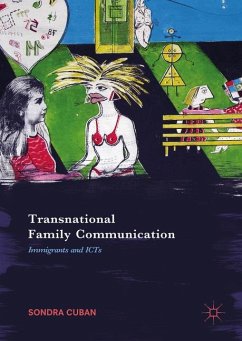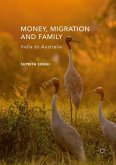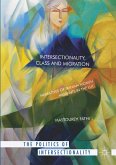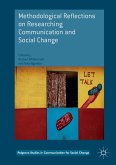This book explores the struggles that immigrant women experience when communicating with their transnational families through information and communication technologies (ICTs). Sondra Cuban recounts the fascinating stories of sixty female immigrants living in Washington state, and explores how gender, social class, nationality, and language influence their ICT usage. She addresses the emotional labor involved in interacting with the families they left behind as well as their ingenious communication systems which challenge the existing research surrounding this unique phenomenon. Early chapters of this book detail the current arguments and theories of transnational family communication in order to propose a new model thereof. Throughout, larger questions of global equality are addressed.
"The book is a relevant addition to ICT communication research and gives a marvellous insight into transnational familyhood. ... The book is recommended reading for mobility as well as communication researchers, but it could also be of interest for a much wider audience because it offers interesting insights into contemporary behaviour patterns." (Keiu Telve, Nordic Journal of Migration Research, Vol. 8 (3), 2018)








